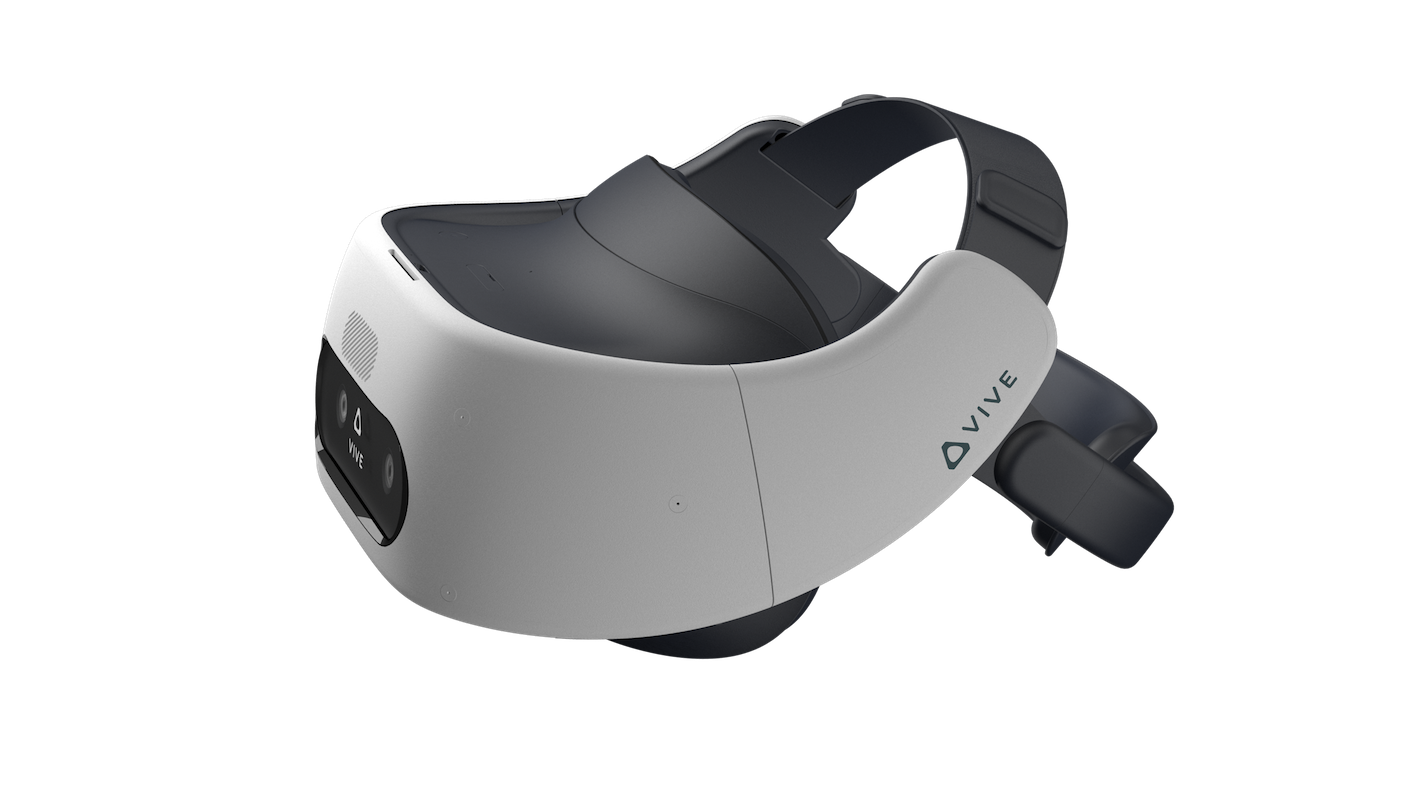Businesses should prepare for more hybrid ways of working that offer more flexibility while retaining employee interaction and connection.
74% of office workers are concerned about the risks of returning to work
36% expressed exhaustion after being faced with hours of video calls
58% of employees are open to integrating new technology into the workplace
Research published today reveals that workers across the UK are not ready to return full time to the office, prompting them to consider alternative ways of working, such as virtual reality, to stay connected.
New research by HTC Vive, a global leader in VR technology, shows that three quarters (74%) are worried about the risks of returning to work, with meeting rooms (41%), communal kitchens (50%) and main offices (65%) being the greatest areas of concern.
In addition to a reluctance to return to the traditional office, the study highlighted a growing discontent with the abundance of video calls for most workers. A third of respondents (36%) expressed exhaustion after being faced with hours of video calls, with nearly half (47%) craving more face-to-face meetings to break the monotony of Zoom calls.
Since the start of the pandemic, businesses have needed to adapt. With some choosing to close their offices forever, others have mapped out a form of hybrid working. The uptake of technology through the pandemic has redefined how we communicate with our colleagues, helping workplaces survive, and sometimes even thrive. Technology has kept us in the workplace, even when we weren’t.
Virtual reality has taken a key role in this, with it playing its own part in the rise of remote working. VR technology is offering teams the flexibility to work from anywhere in the world and retain the personal interaction and connection brought by a physical office. When asked about the use of virtual reality in the workplace, over a quarter (26%) of respondents said they had used it in the past, with three out of five having not. Despite this, over a half (52%) of respondents were open to integrating technology into the workplace.
A current barrier to full adoption of this technology stems from a limited understanding of how virtual reality could be properly implemented into the world of work (19%). Wider barriers include workers being sceptical of how well this technology works (14%) and that it is too expensive (31%). However, when surveyed workers were asked if they could see their office becoming completely virtual, using technology such as virtual reality, a quarter of respondents (25%) agreed that their workplaces could transition.
The study paints a clear picture of changing priorities and frustration with the inability to interact with colleagues like they used to, with respondents sharing a renewed interest in new technology integration. It is clear that with an education around these tools and an understanding of the choice they offer businesses, this form of VR technology will be a real bridge to human connection, giving people the choice to still feel connected with their colleagues with improved focus and efficiency, even if they can’t be with them in real life.

Graham Wheeler, General Manager at HTC EMEA, has commented on the findings: “There’s no doubt that remote working will be a big part of work life in the future, with some major organisations already making clear that employees will not be required to work from a fixed location. That means companies need to be efficient when it comes to communicating, learning and creating remotely, maintaining the immersive element of a physical office, and the ability to have real interactions”
“Our research proves there’s a need for VR, as it solves key problems. At HTC Vive we developed lightweight VR headsets and software which helps people to collaborate while also having more natural interactions. We’ve seen companies implement VR to support the workforce for everything from education, design, training and much more. It can be as simple as a board room meeting with presentations, or working on a complex 3D model together. VR has the ability to bring people together, making workplaces more efficient, more collaborative, and allow for more meaningful interactions.”
HTC Vive offers industry leading solutions for this demand, bringing the vast potential of virtual reality to the modern working world. HTC Vive’s latest headset, Vive Focus Plus, is a standalone headset designed to meet the needs of enterprise customers worldwide, which includes the following features:
Process Training – replace traditional on-boarding, safety or process training in different rooms of the company or off-site.
Remote Collaboration – collaborate in VR, validate project steps interactively; present in engaging way to salesforce customers, distant colleagues.
Business Warranty & Services – package includes a two-year limited commercial-use warranty, support, and services.



